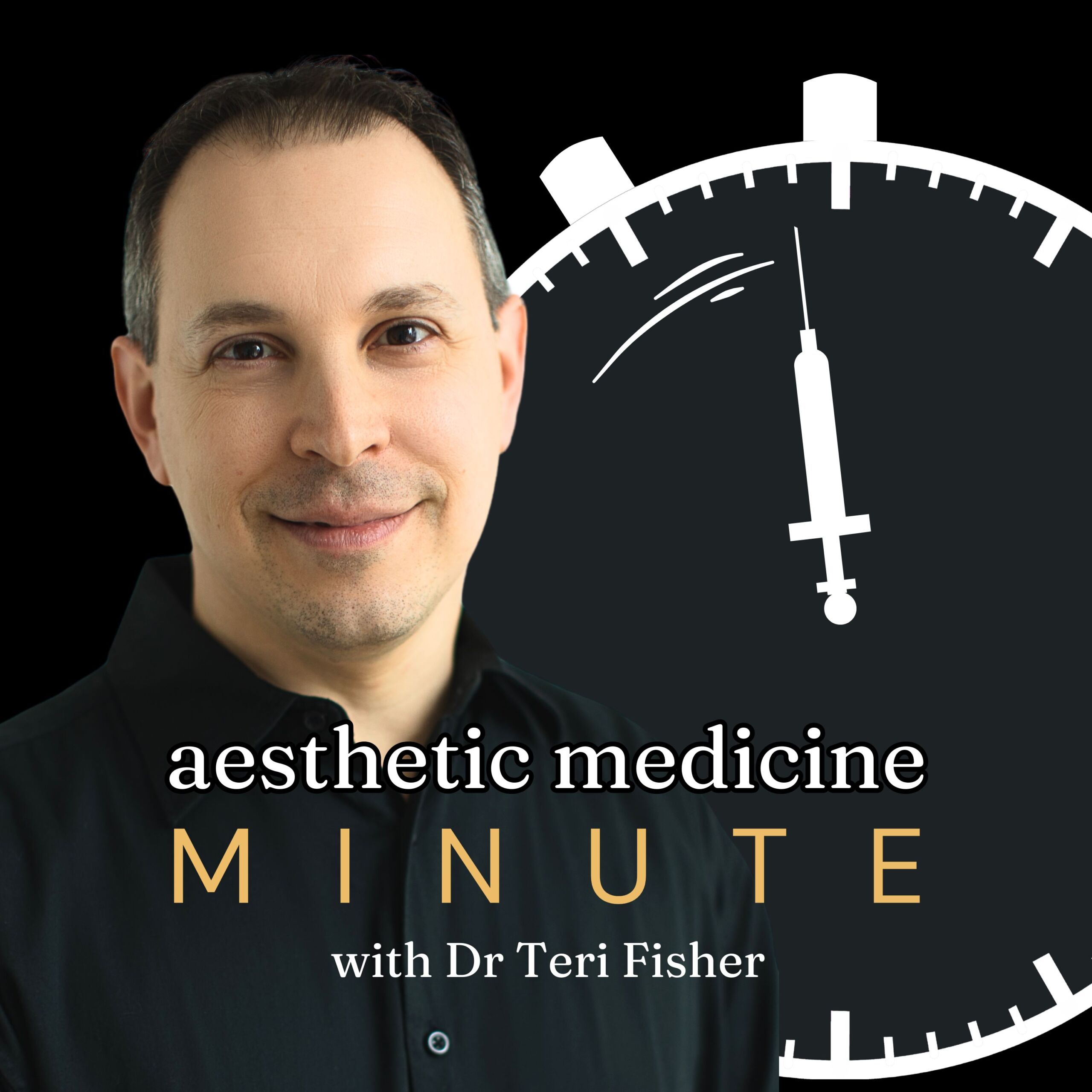
AMM 131: Aesthetic Medicine Trends: Ethical Concerns and Growth Insights
July 07, 2024
This episode explores recent trends in aesthetic medicine and the evolving doctor-patient dynamic influenced by social media and societal pressures. It examines the ethical challenges emerging with the rise of “consumer-led” medical practices and highlights the significant growth forecasted in the industry. The discussion covers nonsurgical treatments such as injectables and body sculpting, touching on safety concerns, the impact of influencers, and the need for ethical guidelines. Listeners will gain insights into ensuring safety, professionalism, and ethical practice in aesthetic procedures to support overall well-being.
Quick Takes
- The modern aesthetic medicine landscape is shifting towards a “consumer-led” approach due to social media influences and societal pressures.
- Aesthetic medicine includes nonsurgical treatments like injectables, energy-based therapies, and body sculpting, with studies forecasting a 12% annual revenue growth over the next five years.
- Concerns about safety, professionalism, equitable access, and ethical guidelines become paramount as the demand for aesthetic procedures increases, fueled by social media and influencers.
Episode Transcript
Today is July 8, 2024. Let’s dive into an insightful topic from recent trends in aesthetic medicine.
The traditional doctor-patient relationship, where patients would simply seek a diagnosis and treatment plan, is evolving. In modern aesthetic medicine, patients often come with specific requests, driven by social media and societal pressures. The shift towards a “consumer-led” approach in medicine introduces new ethical challenges.
Aesthetic medicine encompasses nonsurgical treatments like injectables (botulinum toxin, dermal fillers), energy-based therapies, and body sculpting. Studies, including a comprehensive McKinsey survey, predict a 12% annual growth in revenue over the next five years. This surge was also reflected in the latest American Society of Plastic Surgeons survey, showing over a 70% increase in treatments like botulinum toxin and noninvasive fat reduction since 2019.
As demand grows, concerns about safety, professionalism, and equitable access to care arise. Another key issue is that medical aesthetics, unlike other fields dedicated to saving lives, is elective, driven by the desire to meet beauty standards often showcased on social media. For instance, the Nuffield Council on Bioethics emphasizes the need for ethical guidelines to balance benefits with societal concerns.
It’s also challenging to measure outcomes in aesthetic procedures, as beauty is subjective. Tools like the FACE-Q questionnaire help by assessing patient satisfaction, but their clinical use is still limited.
Finally, the rise of influencers promoting aesthetic procedures on social media adds another ethical layer. This unregulated space can spread misinformation, creating unrealistic expectations.
In summary, as aesthetic medicine continues to grow, it’s vital to maintain a focus on safety, professionalism, and ethical practice to ensure procedures support overall well-being and self-confidence. Stay informed and choose certified, well-trained practitioners for any aesthetic treatments you consider.
